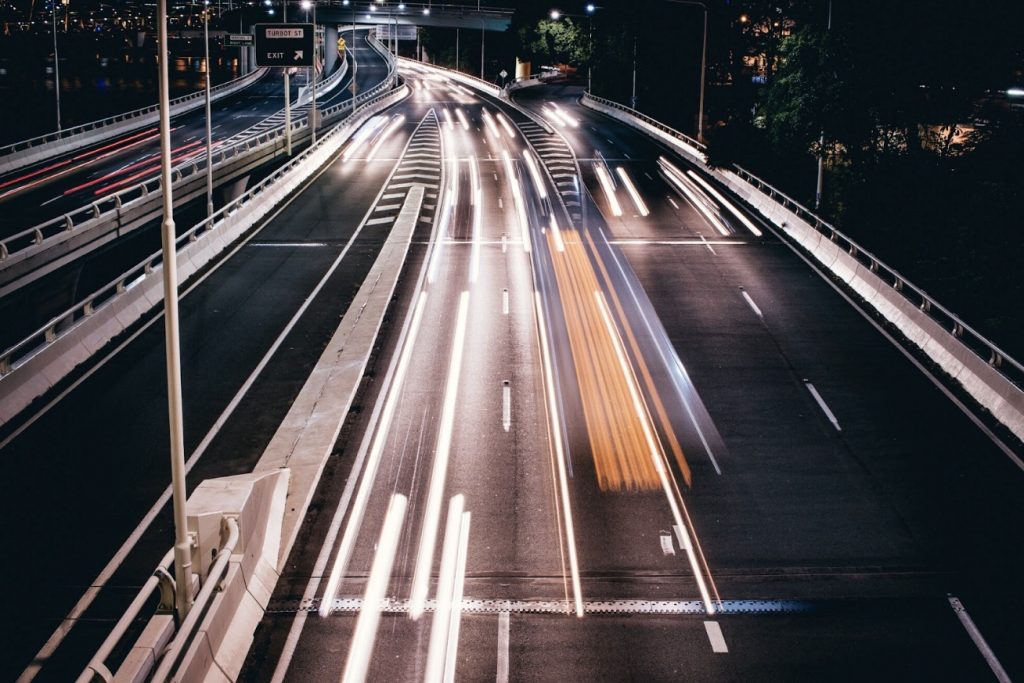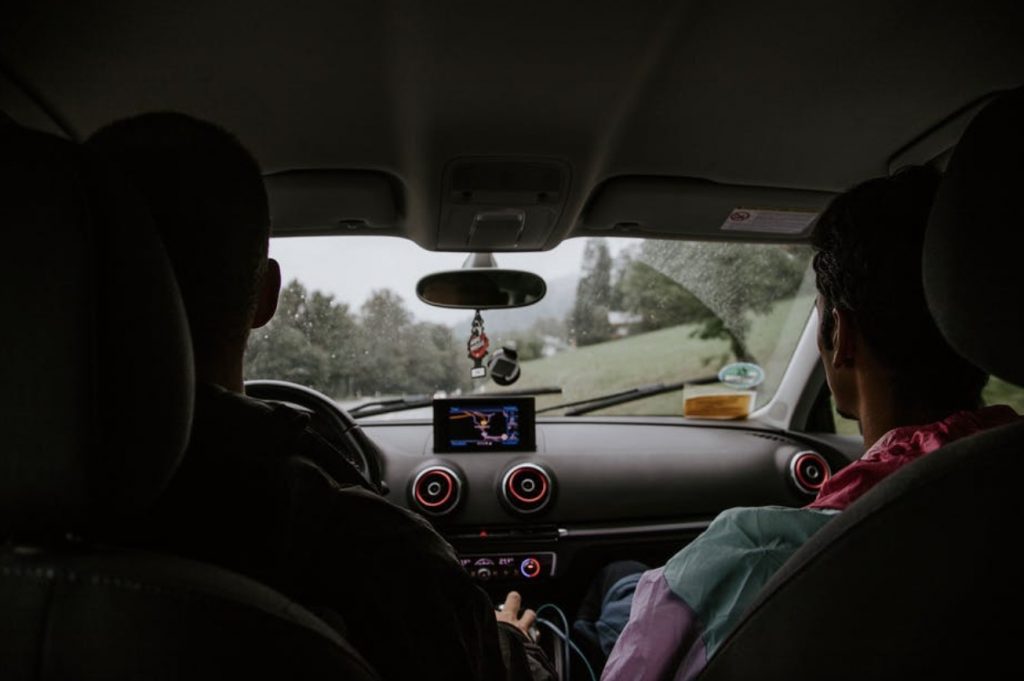Being involved in a car accident can be a traumatic and disorienting experience, leaving you unsure of the steps you need to take immediately after the incident. Whether it’s a minor fender bender or a more serious collision, understanding the right procedures can significantly impact your physical safety, the likelihood of receiving proper compensation, and the smooth handling of legal matters that may follow.
This guide aims to provide you with a clear roadmap of actions to take immediately following an accident, ensuring your safety and that of others involved, while also securing the documentation and evidence needed for any potential insurance or legal processes.

Ensure Everyone’s Safety
First and foremost, check on all parties involved in the accident, including drivers, passengers, and pedestrians, to assess if there are any injuries. Immediate medical attention should be the top priority, so call emergency services if necessary. Safety also means preventing further accidents, so if the cars are functional and pose a risk in their current location, move them to the side of the road if it’s safe to do so.
However, if moving vehicles isn’t an option or safe, turn on hazard lights to alert incoming traffic. Ensure you and others involved move to a safe location away from the flow of traffic while awaiting help. This step is crucial in preventing additional injuries or accidents and sets the tone for a structured approach to handling the incident.
Call the Police
Even if the accident appears minor, it’s important to have an official report. The arrival of police on the scene ensures that there is legal documentation of the accident, which is vital for insurance claims and any potential legal issues.
When the officers arrive, provide your account of the incident clearly and truthfully, ensuring they have all the information needed to complete their report. As the professionals from West Coast Trial Lawyers put it, even if no one appears to be injured and you believe the damages are minor, you should call the police so they can make an official report of the accident, which can be used as evidence in any potential legal proceedings. Also, make sure to get a copy of the police report for your records.
Exchange Information
While waiting for the police to arrive, exchange necessary information with the other driver(s) involved in the collision. This includes names, contact information, insurance details, and vehicle registration numbers. It’s also helpful to note the make, model, and color of the other vehicles. Be mindful of what you say during this time. Avoid admitting fault or making statements that could be interpreted as admitting liability. These conversations can be referenced in future insurance claims or legal proceedings, so it’s important to communicate carefully.
Document the Scene
Take photographs of the scene, including all vehicles involved, any visible damage, and relevant road conditions or signs. These images can serve as important evidence for insurance claims and legal matters. Also, if there are any witnesses, ask for their contact information as their accounts may be helpful later on.
In addition to photos, write down your detailed account of the incident as soon as possible while the memory is fresh. Include details like the direction you were traveling, the speed, weather conditions, and any actions taken to avoid the collision. This account can be critical in establishing the facts of the case. Plus, it can also help you remember important details if the incident leads to legal proceedings.
Notify Your Insurance Company
Notify your insurance company about the accident as soon as possible. Many insurers have strict timelines for when an accident must be reported. Provide them with all the information you have gathered, including the police report number, photographs, and notes. Your insurer will guide you through the process of filing a claim and what steps to take next.
It’s important to follow your insurance company’s advice, but also know your rights and the details of your policy. If you feel unsure about the process or what you are entitled to, it might be beneficial to consult with a legal professional who specializes in auto accidents. This can help ensure that you receive fair treatment and compensation for any damages or injuries.

In the aftermath of a car accident, it’s crucial to remain calm and follow a structured approach to manage the situation effectively. From ensuring everyone’s safety to documenting the scene and reporting the incident to your insurance company, each step plays a vital role in safeguarding your interests.
By following the guidelines provided in this guide, you can navigate the post-accident process with confidence, ensuring that you and others involved receive the necessary care and support. Remember, it’s not just about handling the immediate aftermath but also about protecting your rights and interests in the long term. Seeking the advice of legal professionals when necessary can further strengthen your position, ensuring that the resolution of the accident is fair and just.











